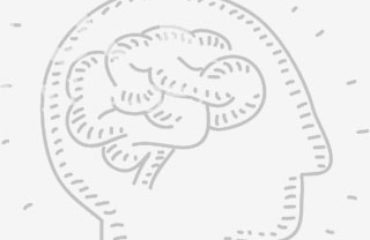
As parents, it’s natural to worry about our children’s health and well-being. While it’s normal for kids to experience periods of sadness or stress, prolonged and persistent feelings of depression can be concerning. Recognizing the warning signs early can be crucial for seeking the appropriate help and support your child may need. Here are some key indicators that may suggest your child is struggling with depression and could benefit from pediatric psychiatry.
1. Change in Behavior
A significant change in your child’s behavior or mood can be one of the first signs of depression. For instance, children who once enjoyed social activities and interacting with peers may suddenly become withdrawn and isolate themselves. Additionally, look out for more subtle changes in their daily habits, such as disrupted sleep patterns or changes in appetite, which can signal underlying emotional struggles.
2. Decline in Academic Performance
Academic performance can also be an indicator of your child’s mental health. If your child’s grades suddenly drop, or if they show a lack of interest in schoolwork they once found engaging, this could be a red flag. Depression can severely impact concentration and motivation, making it difficult for children to focus and retain information. According to the CDC, an estimated 4.4% of kids in the United States, or approximately 2.7 million, aged 17 and younger have depression, which can profoundly affect their academic life.
3. Increase of Physical Ailments
Physical symptoms are another key area to look out for. Children may not always be able to articulate their feelings, so their emotional distress can manifest through physical ailments. Complaints of persistent headaches, stomachaches, or other unexplained physical pain should not be overlooked. Additionally, fatigue or low energy levels, even after getting adequate sleep, can be a sign that your child is grappling with depression.
Being observant and attentive to changes in your child’s behavior, academic performance, and physical well-being are critical in identifying the warning signs of depression. Early intervention and seeking professional help can make a significant difference in your child’s mental health journey. Remember, you’re not alone, and resources are available to help support both you and your child through this challenging time. When you’re looking to connect your child with pediatric psychiatry, Tucson Outpatient Psychiatry is here to offer professional support you can depend on.




